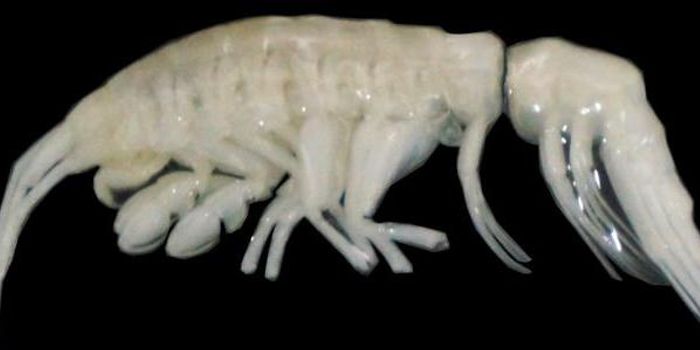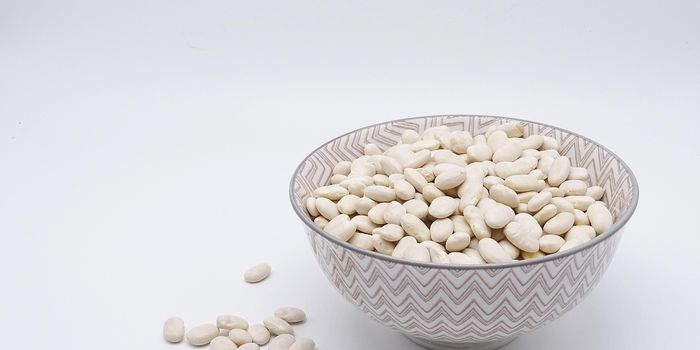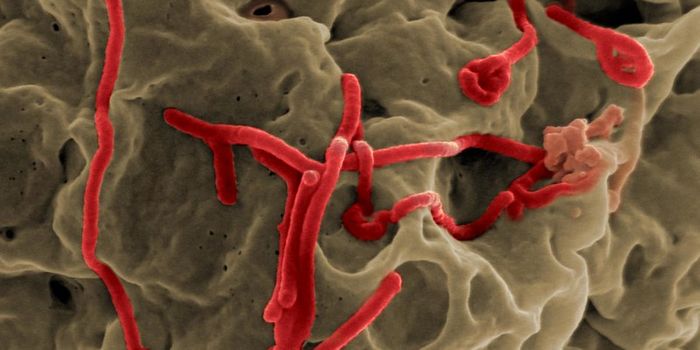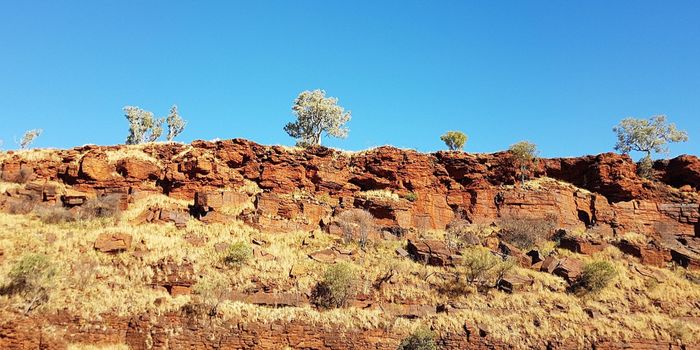Researchers Say This is the "Mother of All Lizards"
Unraveling the mysteries of prehistoric life on Earth can be a daunting task. Researchers often derive clues from unearthed fossils, allowing them to establish a timeline and comprehend how modern wildlife evolved.
The circumstances surrounding a 240 million-year-old fossil from Italy are no different. In fact, researchers who had the opportunity to study this fossil say that it paints a detailed picture about the oldest-known lizard to walk the Earth. The findings have been published in the journal Nature this week.
Image Credit: Davide Bonadonna
"When I first saw the fossil, I realized it had important features that could link it to the early evolution of lizards," explained study co-author Tiago Simões of the University of Alberta in Canada in a statement.
Captivatingly, the discovery also indicates that "lizards inhabited the planet since at least 240 million years ago," or more than 75 million years earlier than initially thought, Simões continued.
Related: Why do some lizards have green blood?
The fossil in question is of a lizard species named Megachirella wachtleri, which is now being coined as the ‘Mother of All Lizards.’ Scientists originally discovered the fossil almost 15 years ago, but modern CT scan technology provides researchers with a closer look at the fossil’s finer details.
While the lizard only measured about three inches in length, it’s still a significant find because most modern-day squamates, including various lizards and snakes, are probably related to this one common ancestor.
"It’s confirming that we are pretty much clueless," Simões added.
"But on the positive side, we also have all this extra information in terms of the transition from more general reptile features to more lizard-like features."
By carefully analyzing this, and potentially other fossils, researchers may uncover more about early life on the planet and fill a rather substantial gap in lizard-related evolution history. It should be interesting to see what additional research digs up in that regard.
Source: Washington Post









